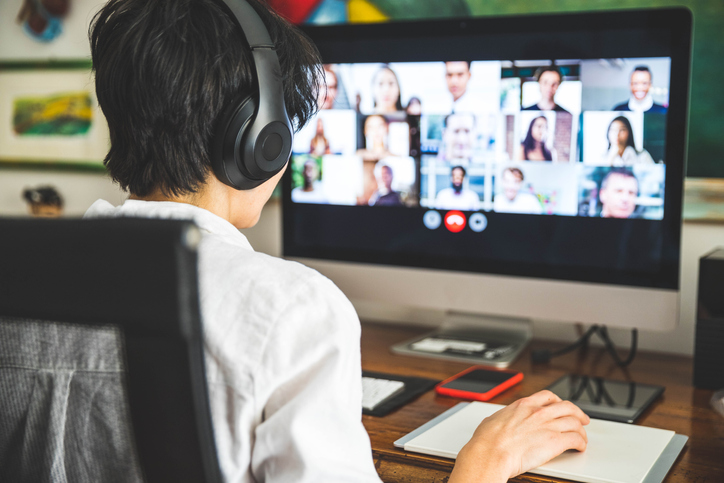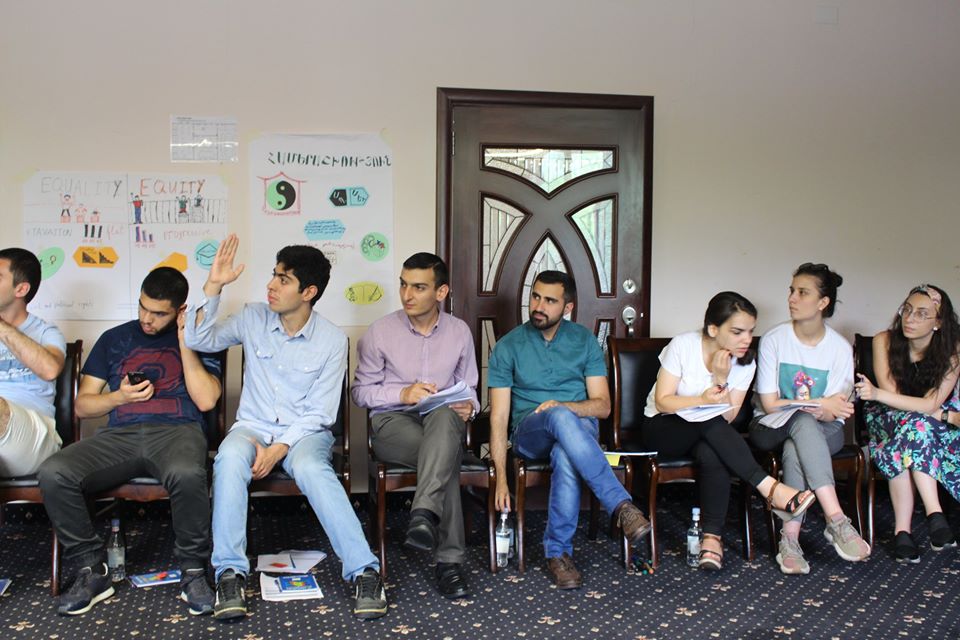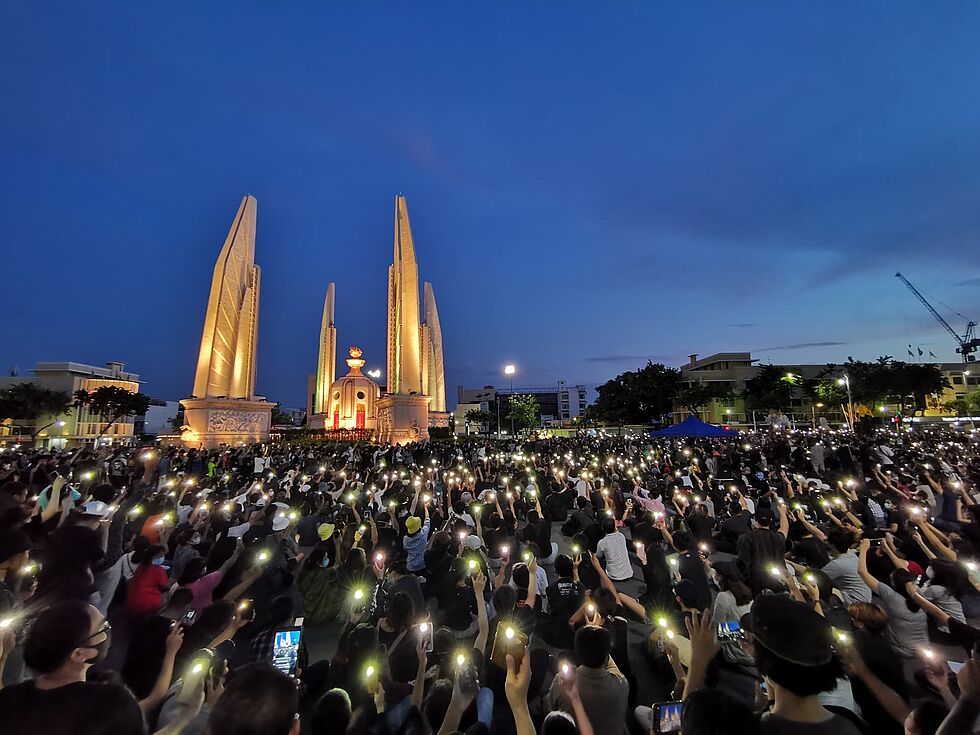FES youth programme in Central America finds new lease of life under lockdown

The Agentes de Cambio, or “Agents of Change” programme has been operated by the Friedrich-Ebert-Stiftung (FES) for two decades across Costa Rica, El Salvador, Guatemala, Honduras, Nicaragua, and Panama, training young leaders of progressive political parties, civil society organizations and trade unions. In each country around 25 people from different backgrounds normally meet for six weekend-long seminars over a year. The sessions aim to increase their leadership skills by a combination of theoretical knowledge and the exchange of practical experience. It is also an important platform for dialog between diverse sectors and backgrounds. At the end of each cycle, the participants have forged an identity as that specific generation of Agentes de Cambio. The programme is also distinguished by its participatory approach: The coordinating committee is made of alumni.
When the COVID-19 pandemic struck Central America, confining many people to their homes, FES colleagues and members of the coordinating committee had to pause and evaluate moving the programme to the digital sphere. Many different aspects had to be considered: Do participants have sufficient access to the internet to use a virtual platform? In some countries power cuts occur regularly and have become even more frequent with the pandemic. How do you organize a selection process with more than 60 candidates online? Usually, the selection of participants is the result of a one- or two-day workshop with different group dynamics, team exercises, and individual interviews conducted by a selection committee to select the final 25 people group which will participate in the program. How do you transform the content of a weekend seminar in a hotel far away from the day-to-day environment into the virtual sphere whilst participants are locked in at home? Much of the programme’s group dynamics usually rely on the physical presence of the participants and time spent together.
Taking in consideration that this is not just a seminar, but a complete programme and a group process, after intense debates and deliberation, the team decided to take the plunge and launched the programme virtually.
Vice and virtue of virtuality
Thanks to the enthusiasm and creativity of the teams and partners, the programme has been transformed and adjusted to the virtual sphere. Colleagues had to become thoroughly acquainted with the digital platform Zoom. To ensure access to the digital platform for all participants, FES bought mobile data packages for those in need. However, ensuring participation and connectivity for all – participants, experts and hosts alike – throughout the sessions, including sometimes parallel virtual meeting rooms, has remained a constant challenge. To meet this, various backup systems were developed, including recording the sessions, assigning backup people for the role of host or moderator, or creating a second channel via WhatsApp. It was fortunate that the current crisis has hit a generation who grew up with digital communication, and who already favoured online media such as Instagram or TikTok for self-expression.
The structure, content and methodology of each weekend seminar also had to be adjusted. Who could stand ten hours a day of straight video conferencing? In this year’s virtual edition the meetings are much shorter and organized over several weekends a month. Going digital also has opened new opportunities: It has allowed the admission of a higher number of participants, including many from remote regions who would otherwise have faced much higher travel costs. Broadcasting debates publicly via Facebook has further increased the outreach and recognition of the programme.
Nonetheless, this year’s generation has a lot to digest: Some participants have faced a positive diagnosis of COVID-19 or have had to care for infected family or friends. Many have lost their jobs or had to shift their studies online overnight. Many are living in quarantine, sharing confined spaces with their families, with little or no privacy. The programme tries to adjust to that reality and provide a space for critical discussion and for human encounters. It also functions as a support group to the participants, by bringing them into a community that collaborates to overcome the present crisis, the quarantine, and its effects.
Given the context of some countries, where the states are weak and do not respond to people’s needs or the economic groups have power over the governments decisions, some of the sessions are focusing on the relevance of collective care and spaces of solidarity, as transforming tools of the current power relations. Neighbours and communities generate initiatives to support each other, instead of competing or having an individualistic and indifferent attitude, and this also is part of the progressive leadership that we support and that would strengthen the social fabric and the democracy. Throughout all of this, the recognition of youth as political actors and people in their own right is vital. This generation of Agentes de Cambio 2020 has a lot to tackle.
About the authors
Ingrid Ross is the regional director of the programme Progressive Youth in Central America.
Argerie Sanchez Mena is the coordinator of the programme Progressive Youth in Central America.
About FES Connect
Connecting people, in the spirit of social democracy, we source and share content in English from the German and international network of the Friedrich-Ebert-Stiftung.


